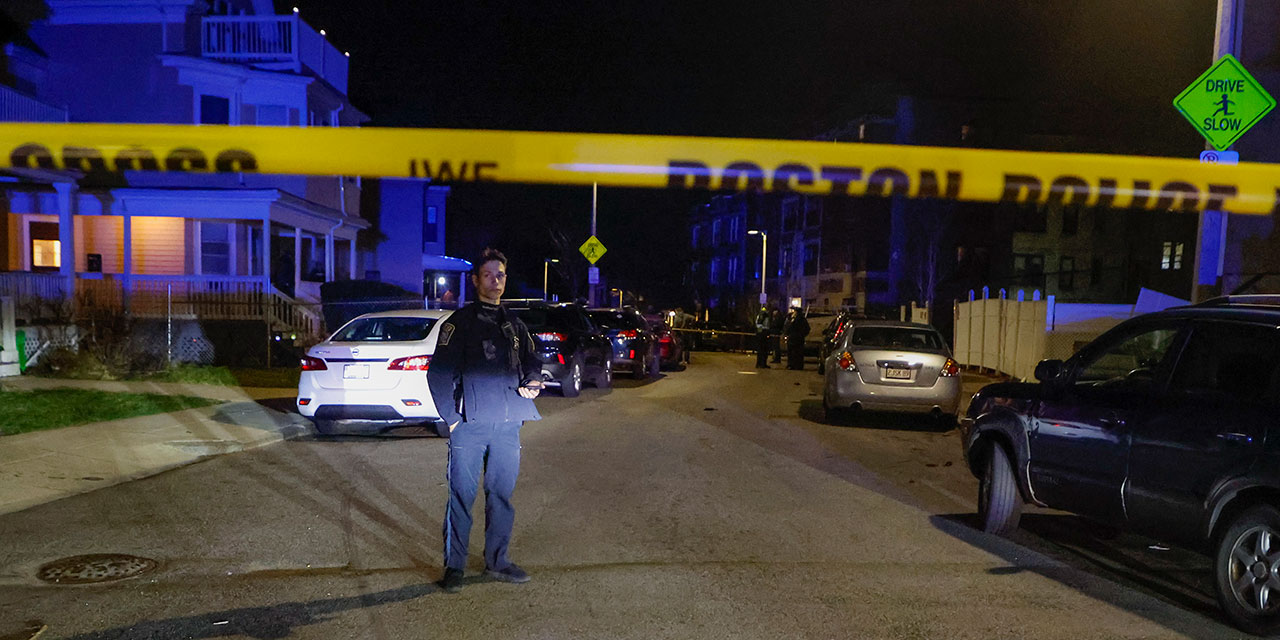
Massachusetts was once a national leader in protecting the rights of victims of crime. Sadly, those days are long gone. A recent ruling by the state’s high court has punched a massive hole in the consequences for first-degree murder. The parole board, which lacks both public accountability and representation for the victims of crime, has taken advantage of this opening to release convicted murderers onto the streets. To get back to putting victims’ rights first, Massachusetts should reform its parole board to ensure transparency and public accountability, including by giving victims and prosecutors a real voice in the process.
In 2024, the Massachusetts Supreme Judicial Court ruled in Commonwealth v. Mattis that sentences of life without parole are unconstitutional when applied to “emerging adults” between the ages of 18 and 20 at the time of their crimes. The decision made Massachusetts the only state with such a lenient standard.
Finally, a reason to check your email.
Sign up for our free newsletter today.
The court claimed to base this new constitutional right on “contemporary standards of decency”—a phrase that seems to reflect little more than the majority’s personal views. The justices offered no deference to the state legislature, crime victims, or broader considerations of public safety.
The majority also cited new scientific research suggesting that the brains of 18- to 20-year-olds are still developing. But first-degree murder is not typically the product of impulsivity or immaturity; it is a deliberate, premeditated act carried out with malice aforethought or extreme cruelty. With the Mattis ruling, Massachusetts has effectively created a new protected class of criminal defendants—based on a contested interpretation of research that remains the subject of ongoing scientific debate.
Even worse than the Mattis decision is the Massachusetts parole board’s actions in response to it. Since December 2024, the board has granted parole to 21 out of 24 murderers between the ages of 18 and 20.
The parole board has been able to commit such travesties because, as currently constituted, it includes no representation for victims or survivors of the most appalling crimes, such as murder and child rape. Not a single member comes from the prosecutorial community.
Massachusetts should reform the parole board to mandate that its members be elected. The voting public would help the board achieve a semblance of balance between justice and mercy.
The state legislature and anti–death penalty advocates assured the people of Massachusetts that anyone convicted of first-degree murder would spend the rest of his natural life in prison, without the possibility of parole. Those assurances likely played a role in defeating, by a single vote, the 1997 legislative effort to reinstate the death penalty. The promise that life would truly mean life was also the only consolation for the families of homicide victims.
Now, survivors of violent crimes and the families of murder victims are forced to endure repeated parole board hearings, where taxpayer-funded attorneys, social workers, and psychiatrists argue for the release of convicted murderers. In doing so, the board’s decisions often disregard jury verdicts reached after full consideration of the facts and the defendant’s state of mind.
Parole board decisions are too important to be made in secret, with no public accountability. More transparency and more accountability—including by providing comprehensive explanations to the public on parole decisions—would help stop the rush to release first-degree murderers on an unsuspecting public. Massachusetts’s current system is an injustice to victims and their families and a hazard to the public.
Photo by Matthew J. Lee/The Boston Globe via Getty Images
City Journal is a publication of the Manhattan Institute for Policy Research (MI), a leading free-market think tank. Are you interested in supporting the magazine? As a 501(c)(3) nonprofit, donations in support of MI and City Journal are fully tax-deductible as provided by law (EIN #13-2912529).
Source link

















